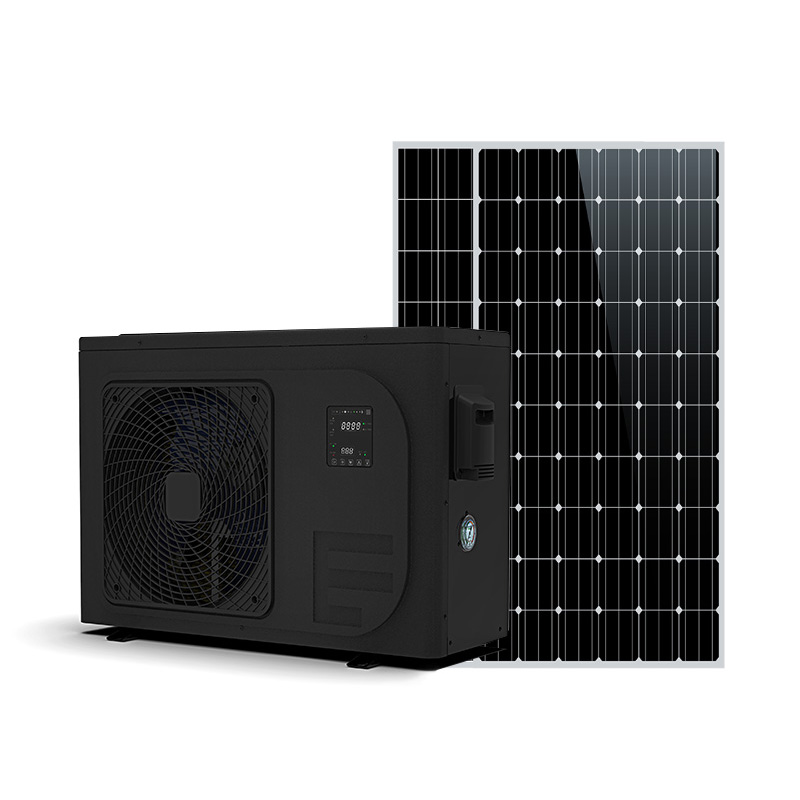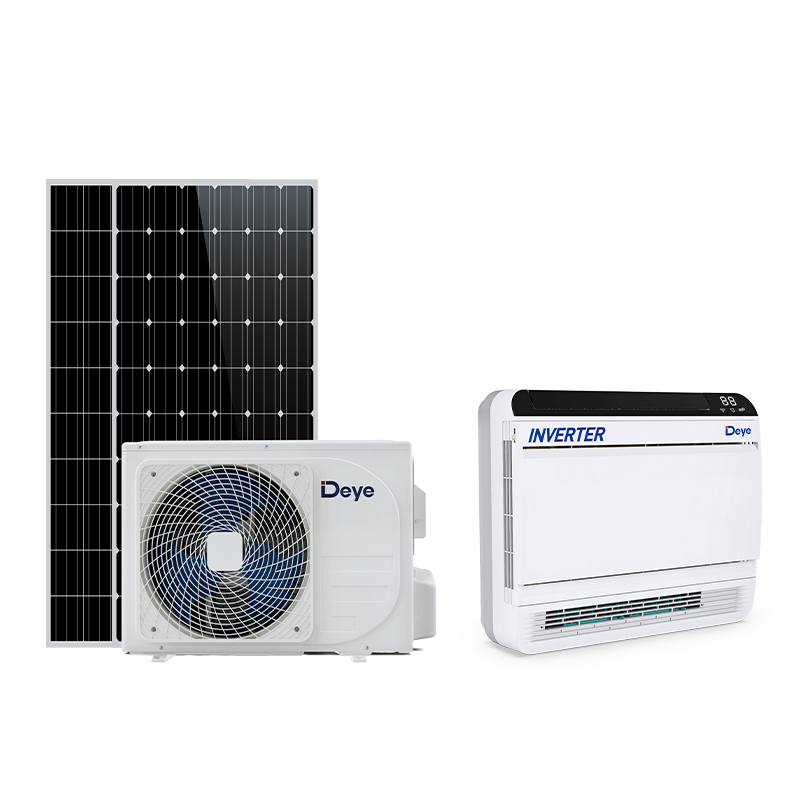Solar heat pumps are renowned for their exceptional energy efficiency. Unlike traditional heating systems, which rely on the combustion of fossil fuels or the direct use of electricity for heating and cooling, solar heat pumps capitalize on the natural energy from the sun. The system works by transferring heat from the air, water, or ground (depending on the type of solar heat pump) and utilizing solar panels to power the heat exchange process. This means that a significant portion of the energy needed to heat or cool the space is provided by solar energy, which is renewable and free. As a result, energy consumption is minimized, and users experience a dramatic reduction in their heating and cooling costs. This high efficiency translates to lower operational costs, making the system an economically sustainable option in the long run.
The environmental benefits of solar heat pumps are substantial. By harnessing the sun’s energy—a renewable and inexhaustible resource—the system drastically reduces dependence on fossil fuels, which are the primary contributors to carbon emissions and air pollution. The reduced energy consumption also translates into fewer greenhouse gases being released into the atmosphere. This makes solar heat pumps a key player in mitigating climate change. Furthermore, as the demand for solar heat pumps grows, there is a corresponding reduction in the environmental footprint of conventional heating and cooling systems that rely on electricity generated from non-renewable sources. The use of solar heat pumps thus helps contribute to a more sustainable and eco-friendly future, aligning with global environmental goals.
One of the most compelling reasons to invest in a solar heat pump is its ability to minimize operational costs. Traditional heating and cooling systems, such as gas boilers or electric HVAC units, require regular fuel purchases (e.g., natural gas, oil, or electricity) to function. In contrast, solar heat pumps derive a large portion of their energy from the sun, meaning they consume far less electricity or fuel over time. This reduction in energy consumption leads to lower monthly utility bills, and in combination with the long lifespan of solar heat pumps, the operational cost savings can add up significantly over the years. Furthermore, as the cost of electricity continues to rise in many regions, the reliance on solar energy provides an even greater financial advantage by insulating users from volatile energy prices.
Solar heat pumps offer the unique advantage of providing both heating and cooling in one system, making them a versatile year-round solution for temperature control. In colder months, the system extracts heat from the air, water, or ground and uses it to warm the interior of the building. In warmer months, the process reverses, with the system transferring indoor heat outside to provide cooling. This dual functionality eliminates the need for separate systems—such as a furnace for winter heating and an air conditioner for summer cooling—simplifying the infrastructure and reducing maintenance needs. The flexibility of a solar heat pump ensures that homes and businesses remain comfortable throughout the year, regardless of seasonal changes.
One of the key advantages of solar heat pumps is their ability to reduce dependence on the electrical grid. When integrated with a solar panel system, a solar heat pump can be powered almost entirely by solar energy, further decreasing reliance on external energy sources. This is particularly valuable in regions where electricity costs are high or where power outages are common. Solar heat pumps provide users with greater energy security, offering a reliable and self-sustaining heating and cooling solution. Moreover, if the system is connected to a battery storage solution, it can continue to operate even when the sun is not shining, ensuring continuous comfort.


 Español
Español русский
русский Français
Français Português
Português Deutsch
Deutsch عربى
عربى italiano
italiano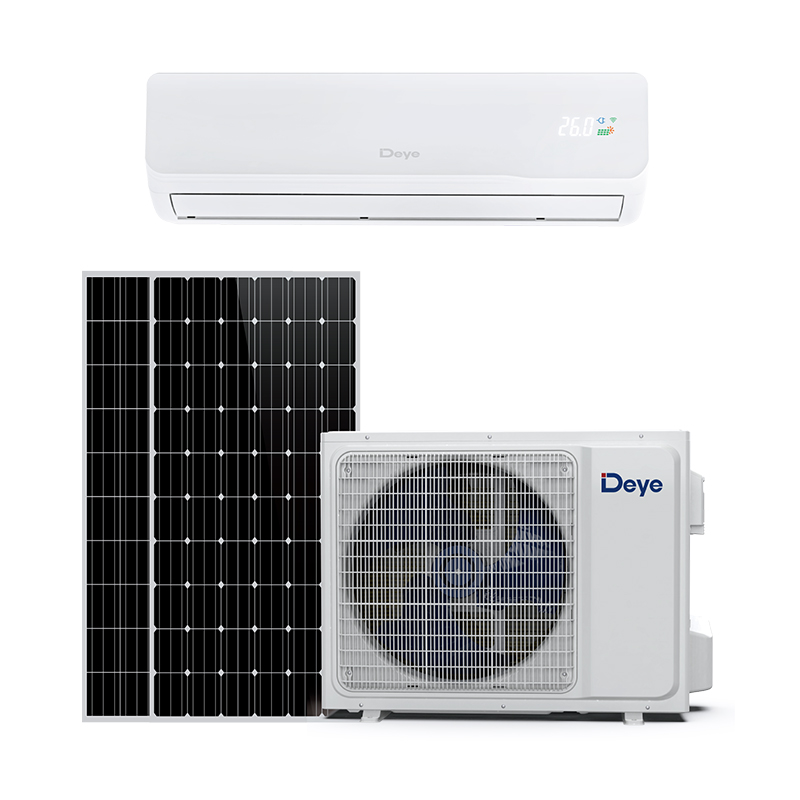
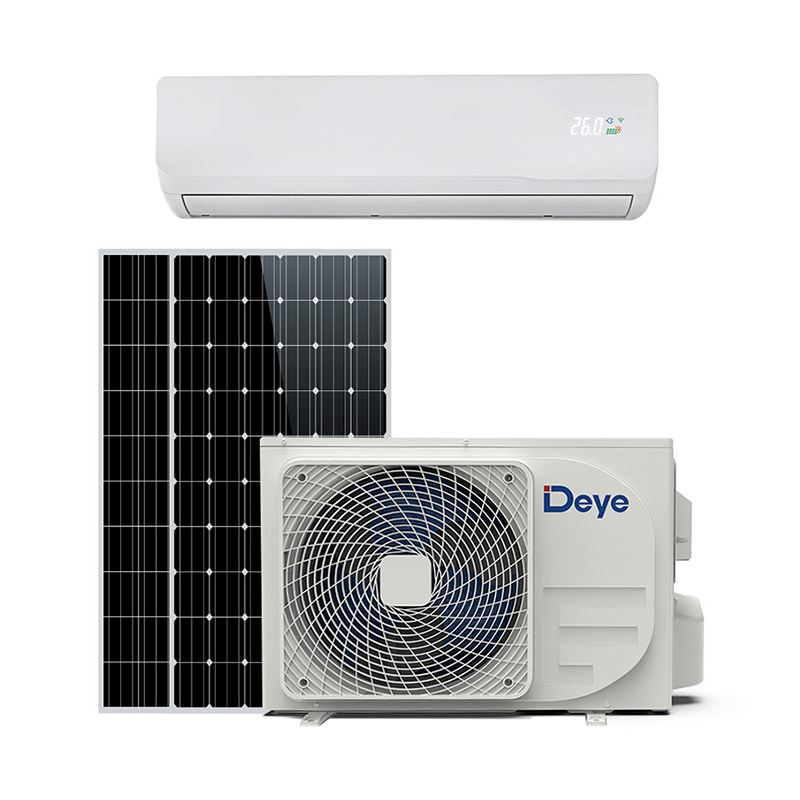
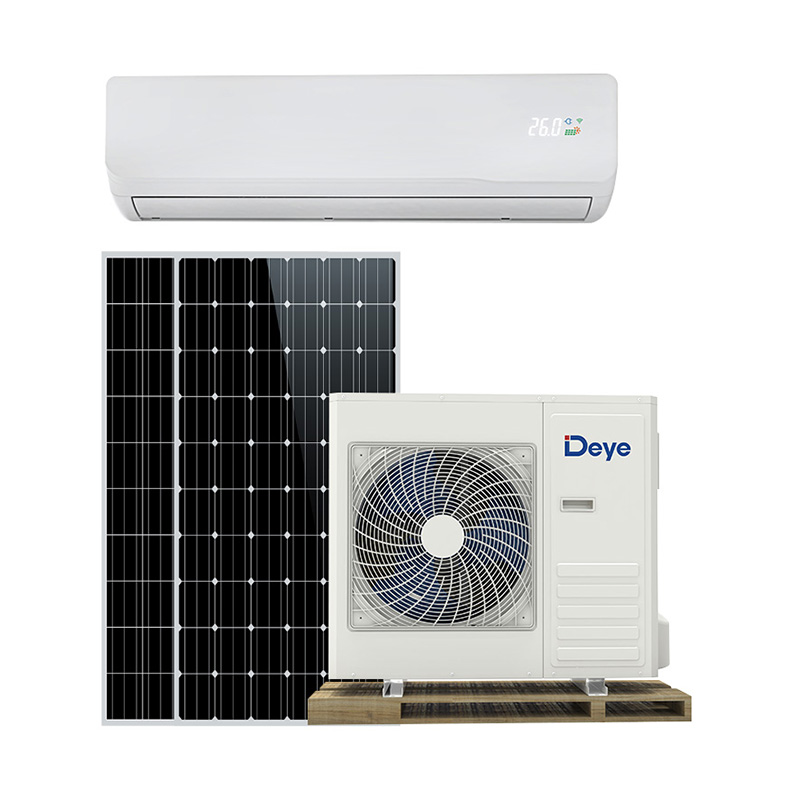
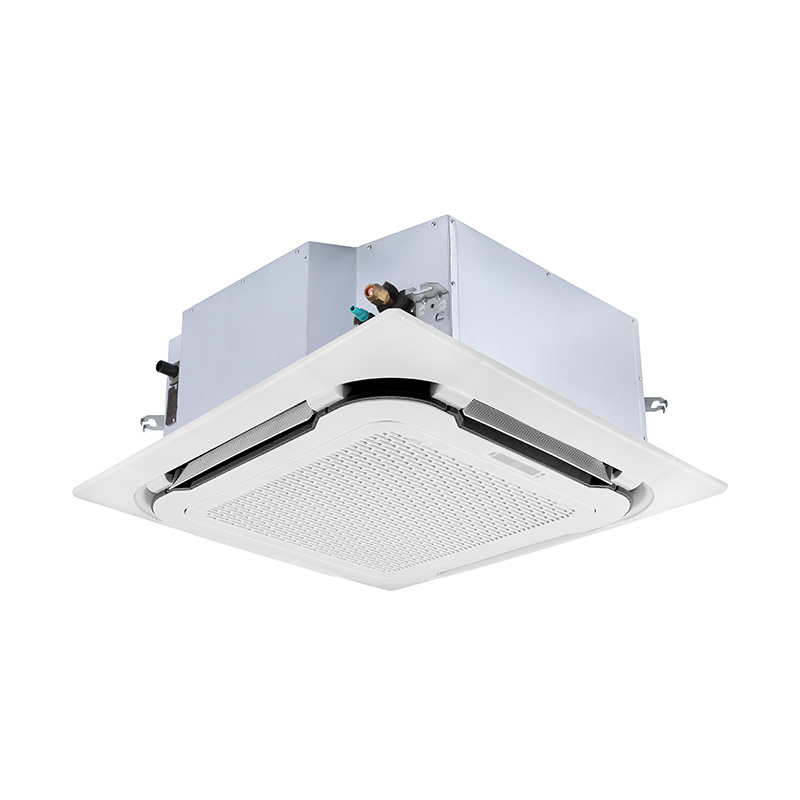
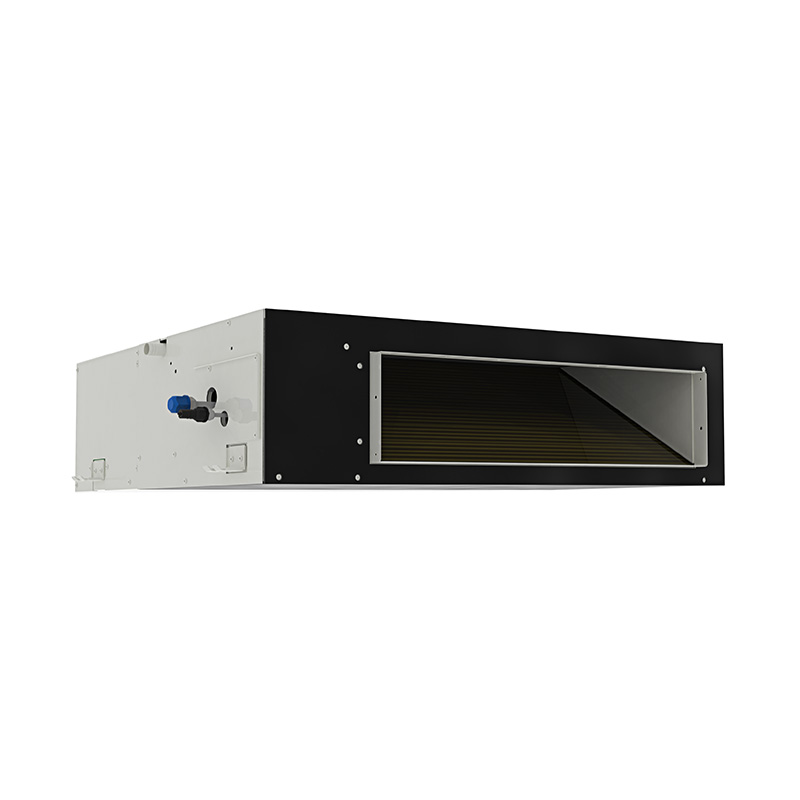
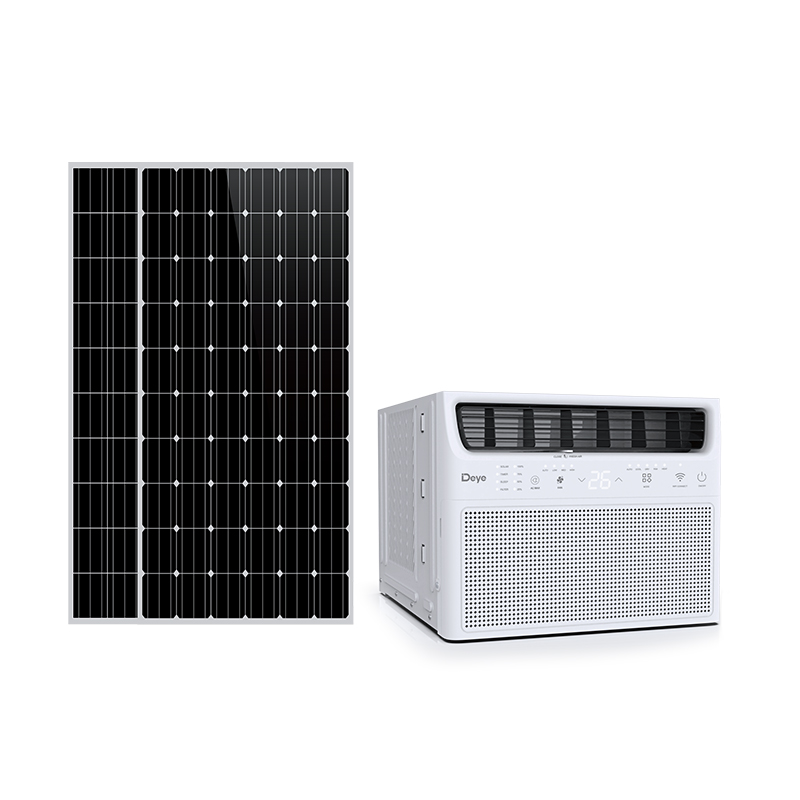
-1.jpg)


